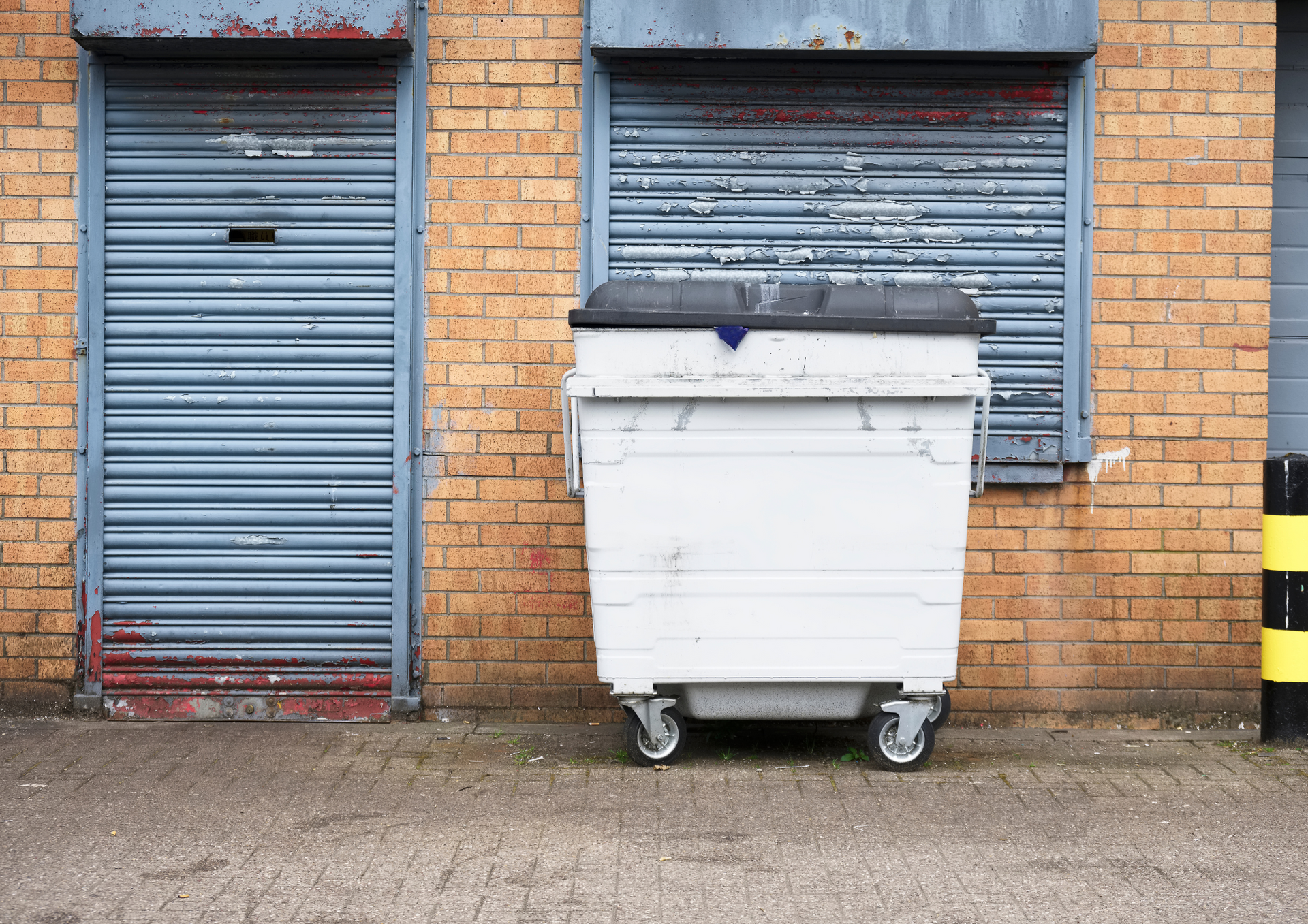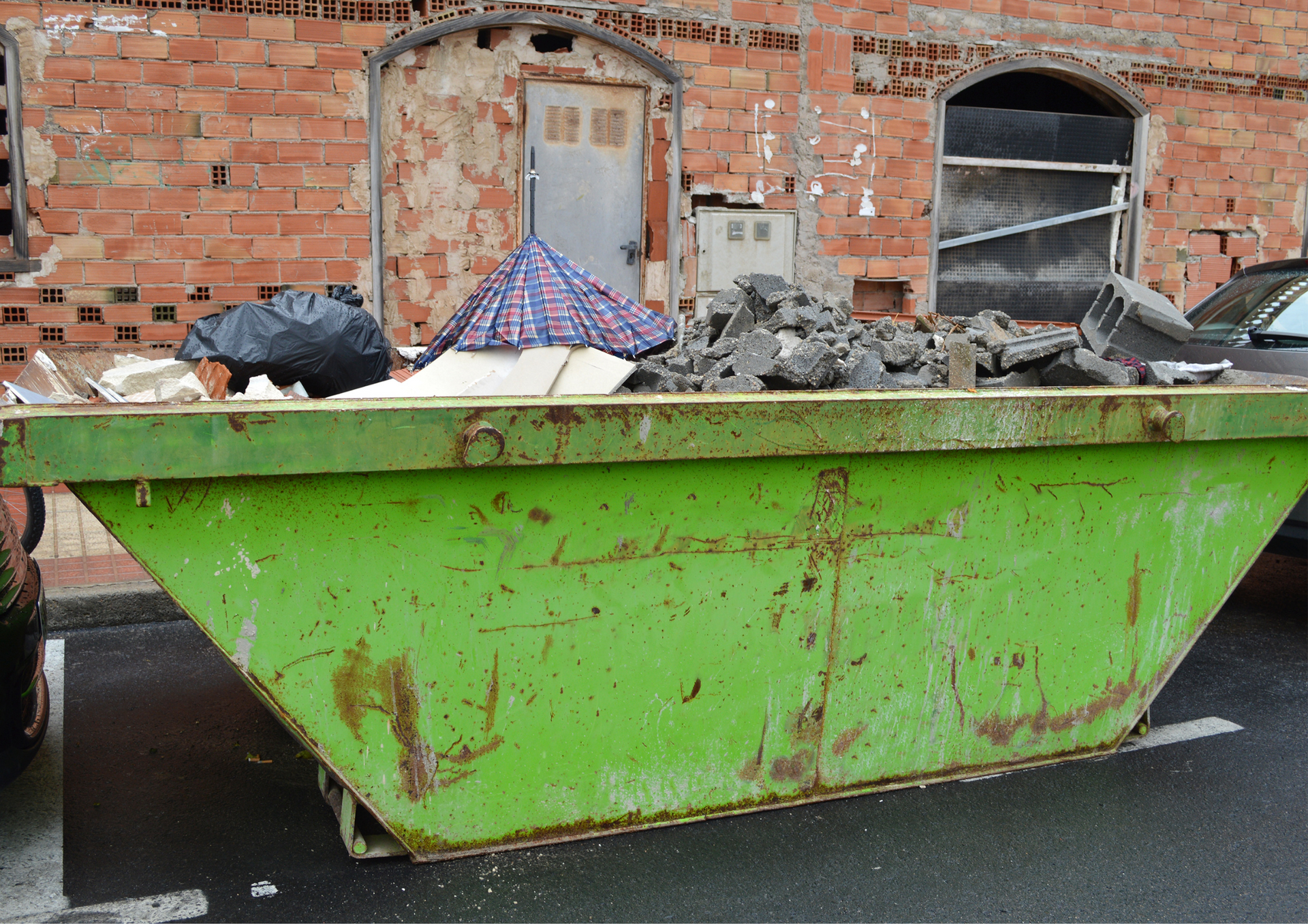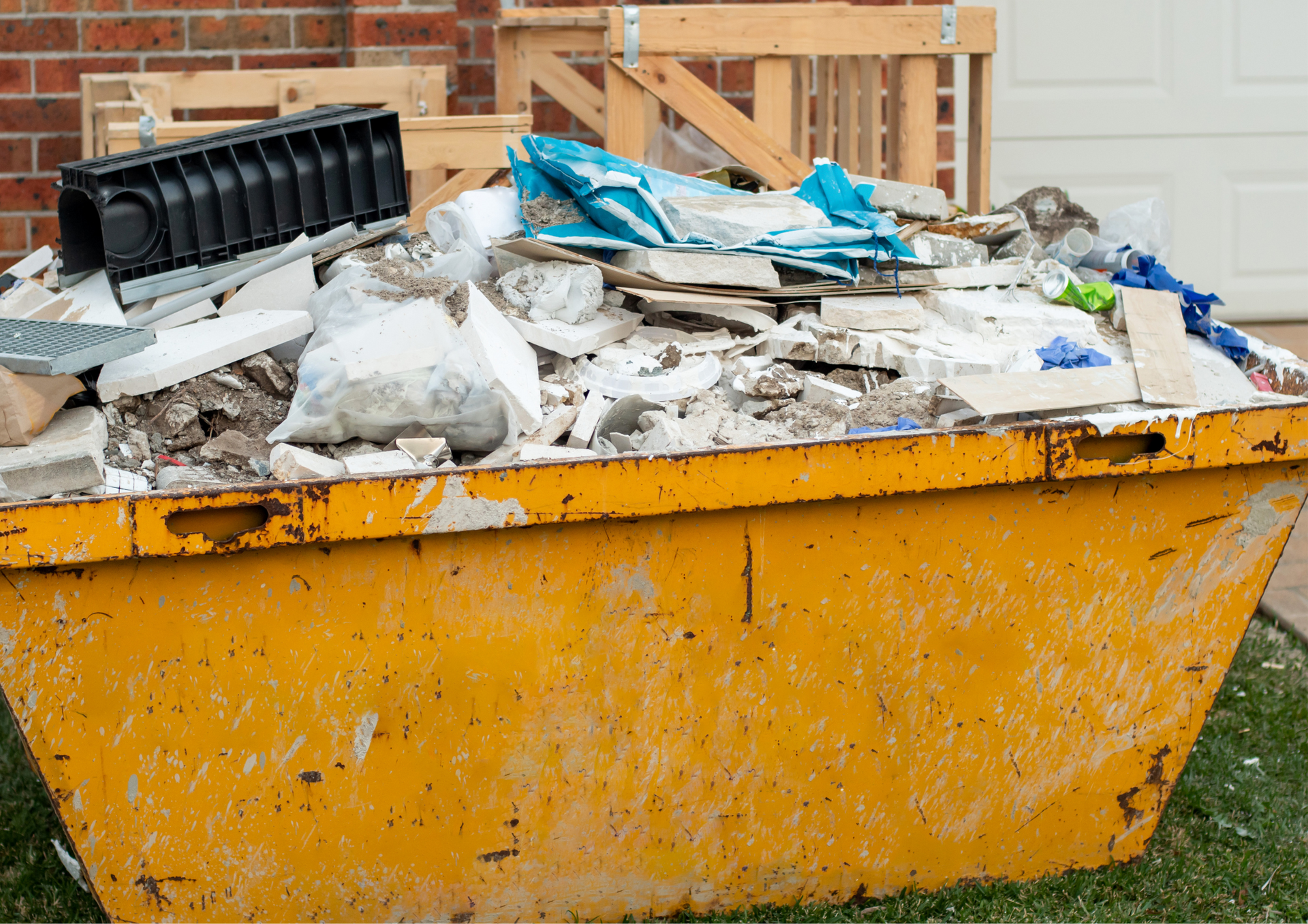General Waste Skip vs Mixed Waste Skip: What’s the Difference?
When it comes to efficient waste management, choosing the right type of skip is just as important as selecting the right size. For many homeowners, businesses, and construction professionals, the confusion often arises between a general waste skip and a mixed waste skip. Although both are designed to handle everyday rubbish, they differ in the type of materials they can accept, disposal methods, and overall suitability for certain projects.
Understanding these differences will help you avoid extra costs, ensure compliance with regulations, and keep your project site safe.
Understanding a General Waste Skip
A general waste skip is commonly used for disposing of non-hazardous, everyday items that can’t be recycled but still need proper removal. Typical contents include plastics, packaging, old furniture, broken household items, and other similar waste. It is not suitable for heavy construction rubble, soil, bricks, or hazardous materials. Because the contents are usually lighter and easier to manage, these skips are ideal for office clear-outs, small renovation projects, or domestic spring cleaning.
For individuals looking for general waste skip hire, this option provides a convenient way to deal with large volumes of rubbish without repeated trips to the tip. It’s a reliable choice when you know your waste won’t contain a mixture of recyclable and non-recyclable materials.
What is a Mixed Waste Skip?
Unlike its general counterpart, a mixed waste skip is designed to handle a combination of waste streams. It can accept a variety of materials including timber, green waste, metals, plastics, and certain construction debris. However, restrictions still apply—hazardous materials such as asbestos, chemicals, tyres, or electrical appliances cannot be placed inside.
This type of skip is especially useful for large-scale projects such as property refurbishments or office relocations, where it is difficult to separate waste at the source. By consolidating multiple types of rubbish in one container, a mixed waste skip saves time and effort, although it often comes with higher processing costs since materials must be sorted and recycled at licensed facilities.
Which One Should You Choose?
The decision between a general waste and mixed waste skip depends largely on the type of project you are undertaking. If you’re carrying out a small home renovation, moving house, or running a modest office clean-up, then a skip bin general waste option may be the most efficient and cost-effective.
On the other hand, larger projects that produce a blend of recyclable and general rubbish may benefit from a mixed waste solution. Landscapers, for example, may generate a combination of green cuttings, plastics, and packaging materials that are better suited for a mixed skip. Similarly, construction companies dealing with timber offcuts and plastics alongside general rubbish will find this choice more practical.
Practical Considerations for Skip Hire
Before committing to a skip, it’s important to think about access, size, and local regulations. Certain local councils may require permits for skips placed on public roads, and restrictions on acceptable waste will always apply. Choosing the wrong type of skip could result in additional fees or delays in waste collection.
If you’re searching for general waste skip hire near me, working with a professional provider ensures that your waste is handled responsibly, in compliance with environmental standards. Providers such as us offer tailored solutions, making it easier to select the right skip for your needs.
When comparing skip hire for general waste, cost and convenience should also be taken into account. A specialist company can advise whether your project would be better suited to a general or mixed waste option, helping you avoid unnecessary charges and ensuring your project runs smoothly.
Understanding the difference between a
general waste skip and a mixed waste skip is crucial for anyone looking to manage waste efficiently. While general skips are best for everyday rubbish and lighter clear-outs, mixed waste skips offer flexibility for larger projects with varied disposal needs. By considering the type of materials your project generates, you can make an informed choice that saves both time and money.
At Skip Hire Doncaster, we pride ourselves on offering professional, reliable, and cost-effective waste management services for households, businesses, and construction firms. With a wide range of skips available, we ensure you get the right solution tailored to your project. Our team is committed to environmentally responsible disposal, excellent customer service, and timely delivery.
Don’t miss it on X: Skip hire explained –
general waste skip or mixed waste, what’s right for you?




